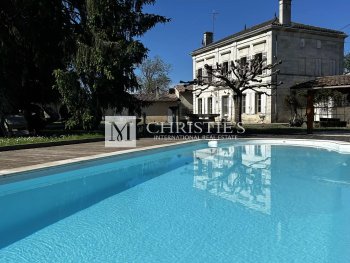Familia Torres campaigns for a European returnable bottle scheme “in less than 3 years’ time”

lobally renowned and acclaimed for its environmental commitments, Familia Torres in Catalonia is making returnable wine bottles one of its major causes moving forward. The company’s director of climate change, Josep Maria Ribas, emphasises the key drivers behind the focus, invoking the short-term consequences of the war in Ukraine and Covid on energy and dry goods prices along with a longer-term vision of sustainability and preserving natural resources. “One way or another, the price of energy is going to continue to increase, so we are either going to have to pay more or find solutions to reduce our energy consumption and the use of resources in general. And there are solutions”.
Aside from transitioning to lighter bottles, which “makes a great impact on reducing our carbon footprint and costs”, the Spanish company is focusing on setting up a European system for reusing bottles. “We are trying to create a standard of bottles that could be used everywhere in Europe. We have already started discussing this with some of our glass manufacturers, because we believe they have a lot of power”. Torres wants to leverage the concentration of the glass industry – “there are only five or six major glass manufacturers in Europe” – and the fact that they will be compelled to evolve their practices, in order to get them fully on board. “If they really want to help the planet, it would be very easy for them to agree on a single mould, or maybe two or three moulds of glass bottles that can be considered as returnable. It wouldn’t matter if a producer bought from one manufacturer or another, the glass bottle would be the same. Also, it doesn’t matter if that bottle is sold in France or Germany, for example, it would be reusable in that country. This would avoid having to return the glass bottle to its original source”. Ribas feels the advantages would be felt on both sides, as a way for the industry to “reduce its reliance on glass manufacturers”, and for the manufacturers to meet their obligations in terms of scaling back greenhouse gas emissions. “For us, returnable systems, which we used to use in the past, make perfect sense. I think it should happen in less than three years’ time and we’re going to put all our efforts into this”.
Citing burgeoning schemes at regional level, Ribas explains that at the moment the industry is “caught up in a vicious circle. Wineries refuse to go down this route because the logistics are not in place, there are no collections, no washing stations etc. You need all the parts of the puzzle to be moved at the same time for it to work. We know that several wineries are waiting for this solution but they are just waiting for a standard to emerge”.






